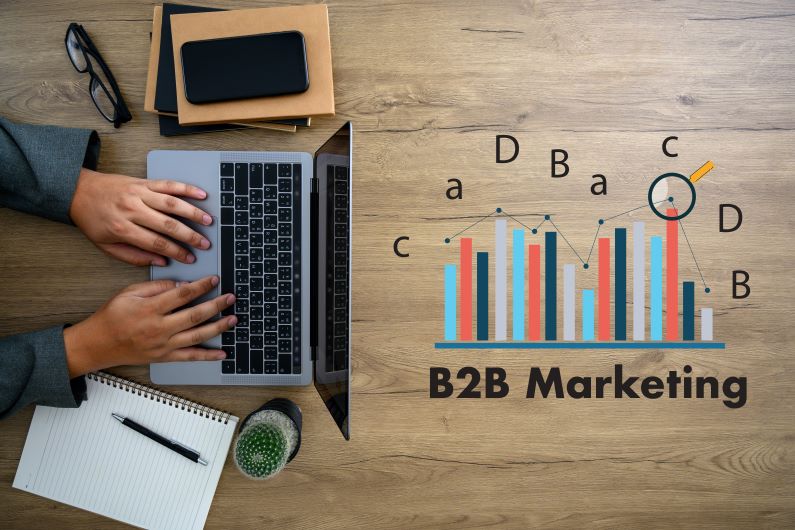As companies continually strive to expand into international markets, B2B marketing strategies also need to catch up and adapt. To achieve global success, organizations need to apply an approach that takes into account how different cultures will receive the marketing messages, and translation becomes a critical tool in its implementation.
Here are the top 3 reasons why translation is essential in any global B2B marketing campaign.
Improving Brand Experience to Meet Cultural Demands
For a B2B marketing campaign targeted at an international market to be successful, we need to clearly distinguish between translation and localization.
Translation being the process of changing the source content by “simply” substituting the words from one language to another, some elements may get lost in translation.
Translation services providers are aware that they need to go beyond literal translations and refine their message to cross linguistic and cultural barriers. Your goal is ultimately to adapt your marketing efforts to the linguistic and cultural peculiarities of a culture. In this way, your clients can relate to the product or service that you propose, while still retaining the essence of your brand.
Translation providers are now “levelling up” by having native-speaker linguists not only translate the words, including context and idioms, but also offer localization tips.
This includes suggesting layouts, colors, imagery, fonts, and overall tone. When your potential buyers can relate not only to the words but to the overall presentation of your marketing campaign, you have a captive audience compared with the one you would have lost if they had been confused by a poor choice of words or imagery.
Influencing Decision-Makers in Purchasing
Despite the fact that most business people usually have a good command of English, a study shows that 75% of non-native English speakers prefer transacting and buying products in their native language, while 60% stated that they very rarely or never purchase from sites exclusively in English.
If the decision-makers with the purchasing power feel comfortable with you because you “speak” their language, then they are more likely to do business with you.
Gaining an Edge Against the Growing Competition
If your competitors already translate and/or localize their marketing campaigns, and transact with other businesses on an international playing field, your company may be lagging behind.
Remember that not all translation services advertise that they also offer localization. This is mostly because it is unnecessary to do so. For most translators, it is a given.
As they translate to their native language or from a language in which they are fluent, they realize that the most direct translation will not be suitable.
Because translation providers will match your needs with the right translator, you should always specify your company’s needs, and in turn, they will let you know if something simply does not “make sense.”
Even if it seems that skipping the translation or localization step will be more cost-effective, it will clearly only save you money in the short term. In the long run, you will lose markets. When your potential customers realize that you have proactively anticipated their needs and adapted your message to their community and culture, they will respect your efforts and ultimately reward you for it.





